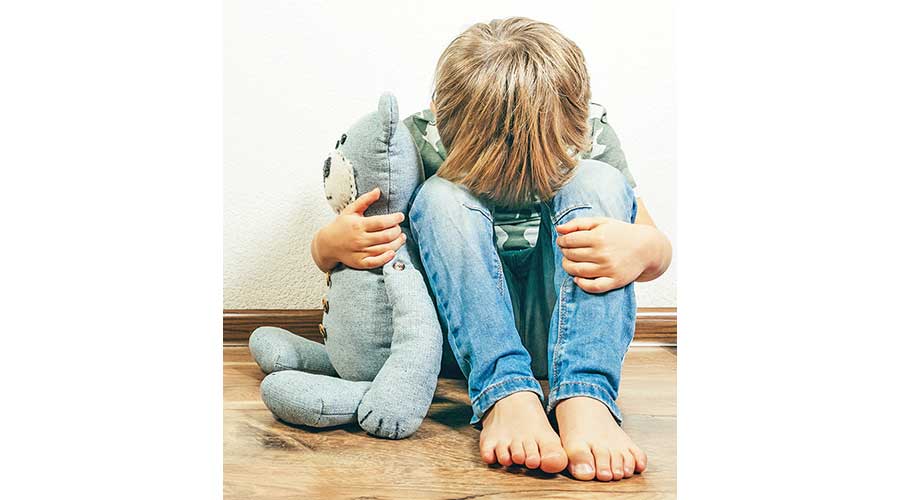Are Your Toddler’s Tantrums Getting Out Of Hand?
- 27 Apr - 03 May, 2024

A healthy child deserves just as much attention as a sick one does.
Being a parent is one of the toughest jobs in the world, but simultaneously is one of the most fulfilling too. This already stressful job can become even more taxing when a child falls chronically ill or struggles with disabilities. In such situations, parents become unsung heroes – they do anything and everything to ensure their unwell child can live a life as comfortable as possible.
However, many fail to realise that the stress of this duty is not shouldered by parents alone. Amidst this struggle, it’s easy to overlook the silent companions on this journey: the siblings of unwell children. While these “glass children” may not bear the physical burden of illness, they are placed in a unique position that comes with its own set of challenges. Here’s how parents of glass children can offer them the often overlooked support that’s essential for their well-being.

1. Feeling invisible
The term “glass child” is both, poignant and enlightening, reflected by the findings of research from the Journal of Community and Applied Psychology. In this study, researchers interviewed 16 siblings of disabled or chronically ill children to uncover common themes between their lived experiences.
The first and most common theme among these siblings was the feeling of being invisible. Many siblings within the study described being overlooked within their lives, as if living in the shadow of their siblings’ sickness. The authors highlighted the large disparity between the attention received by unwell children and their glass siblings.
This universal experience of being constantly overshadowed by the needs and concerns of their unwell siblings is what led to the establishment of the term “glass child”. These children may often feel see-through or invisible, as if their needs are unseen and unheard, perceived as unimportant in comparison to their siblings’ struggles.
While caring for an unwell child requires significant attention and resources, it’s equally important to allocate time and attention to the well-being of all children in the family. With dedicated one-on-one time and extra effort placed into bonding, parents can ensure their glass children do not feel unsupported or neglected.

2. Internalisation of family roles
The second common experience for glass children is the psychological burden that comes with the internalisation of family roles. Glass children may feel obligated to live up to the expectation of being the “perfect sibling” – one that always helps when needed, with a smile on their face, and never complains, given their comparatively good health.
Glass children may feel unentitled to voicing any concerns, complaints or grievances they may have, as they may believe their struggles pale in comparison to those of their siblings. Because of this, glass children often repress their negative emotions. Multiple participants in the study expressed not realising they too, were facing their own physical and mental health battles until much later in life, having pushed it aside in favour of being a good sibling.
The suppression of emotions and the internalisation of family roles can have significant long-term effects on glass children. It’s of utmost importance for parents to emphasise to their glass children that they should never feel afraid to ask for help or support, regardless of their health status. Parents should reassure them that their happiness is just as important as their sibling’s.

3. Feeling guilt and shame for being independent
The third universal theme uncovered within the study was feeling guilty for leading – or even wanting to lead – an independent life. Glass children are often expected to be a constant source of support for their ill siblings, and may even take on the role of a secondary caregiver after their parents. Because of this, glass children may feel as though using their spare time for personal pursuits, or even for school or work obligations, is a selfish choice.
Many glass children within the study expressed extreme shame and guilt for being unable to constantly be there for their siblings, for leaving home to pursue higher education, and even for their personal successes that their siblings would be unable to achieve. If your glass child expresses feeling guilt or obligation towards their unwell sibling, remind them that they should never sacrifice their own dreams for someone else’s sake. Emphasise that they’re not responsible for their sibling’s well-being, and acting in accordance with that fact does not make them selfish or blameworthy. Reassure them that pursuing personal success is commendable, not selfish, and that they deserve to chase their dreams without reservation.
COMMENTS